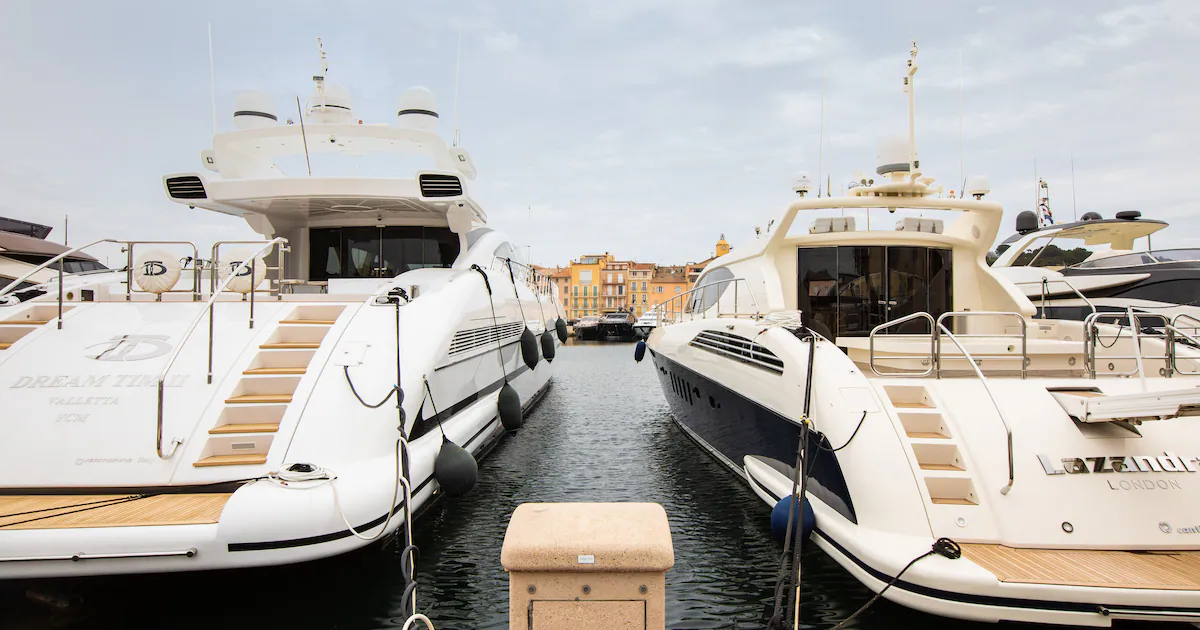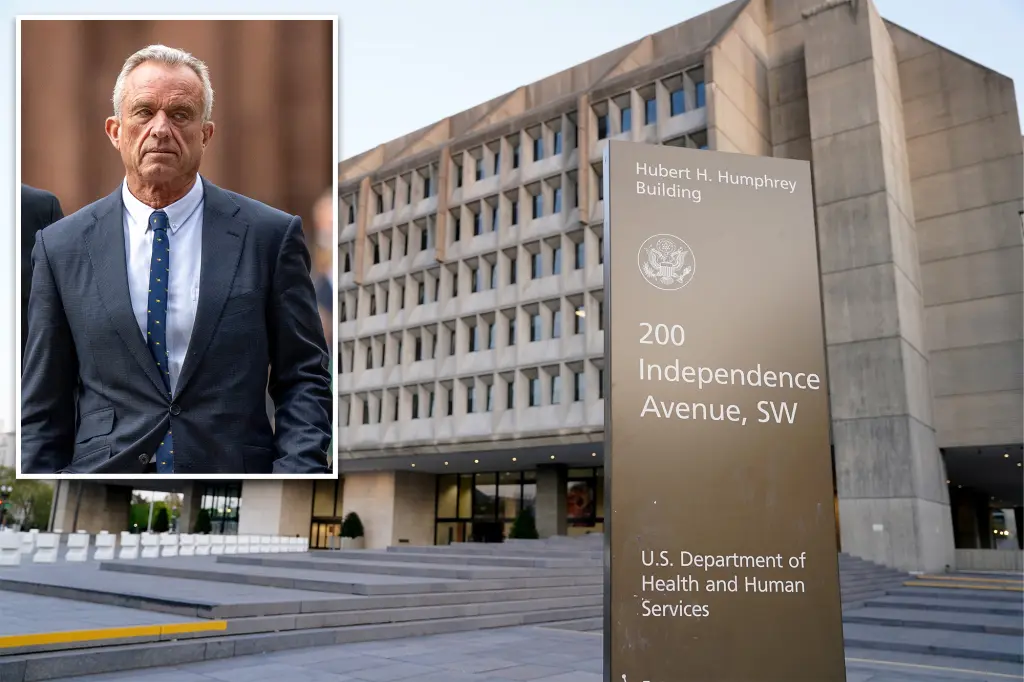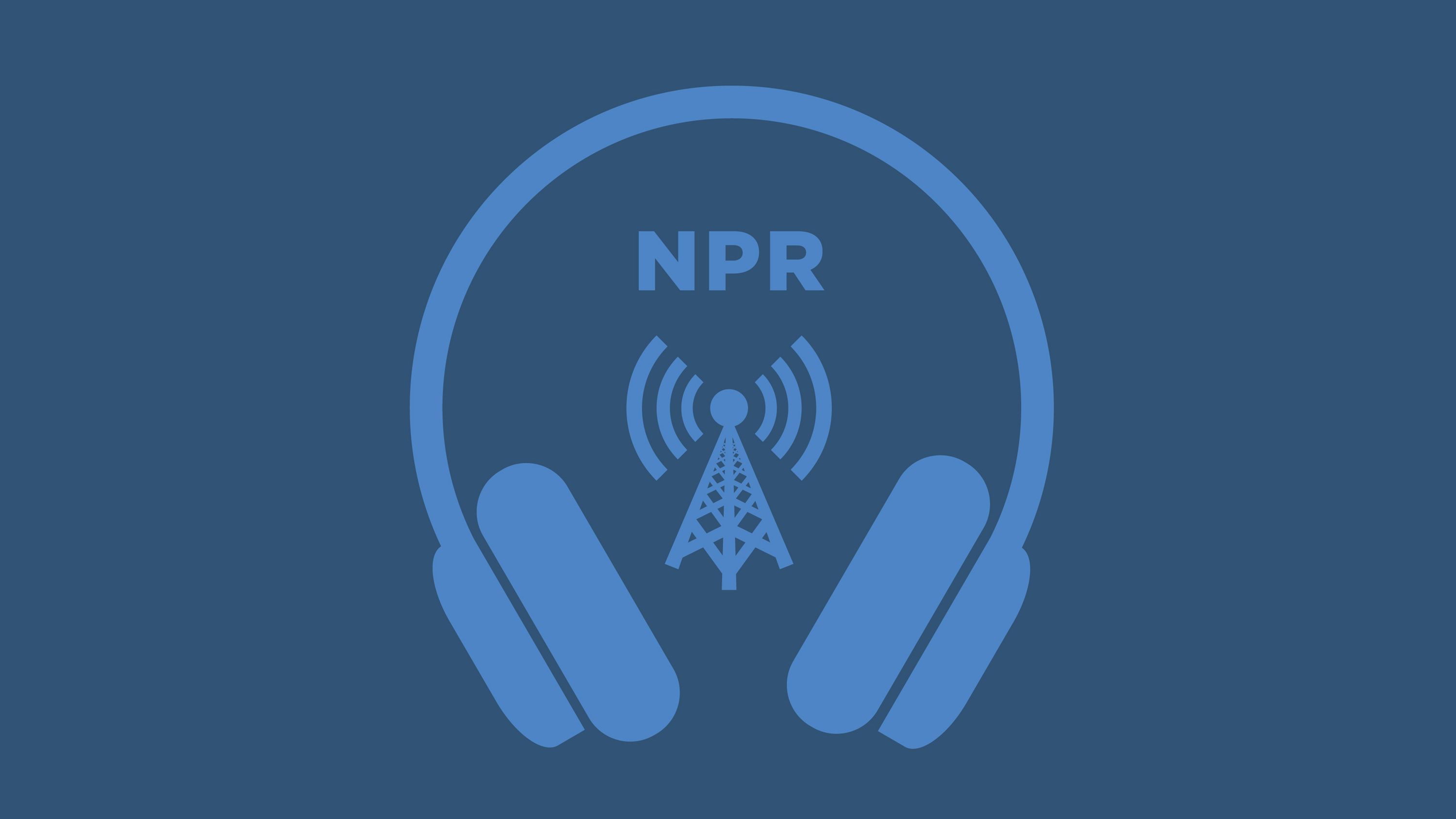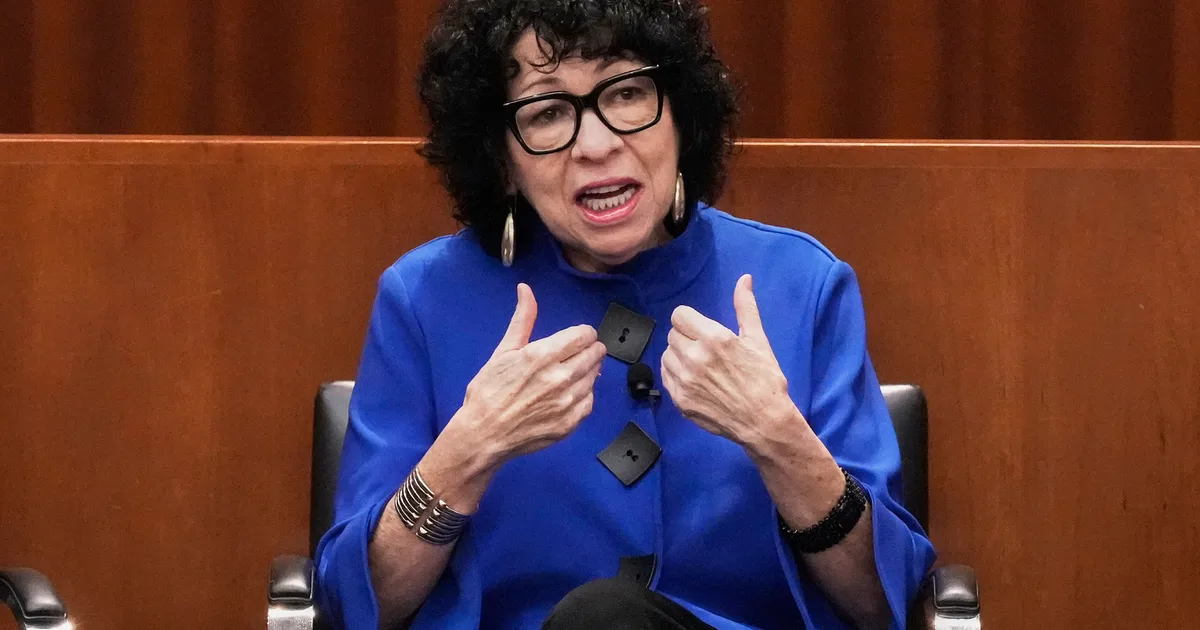
The wealthiest Americans have been doing even better than previously thought – and are driving a consumer spending surge that has been fueling the U.S. economy as they splurge on travel, hotels and dining out, newly-revised economic data shows.
Updated figures released by the Bureau of Economic Analysis on Friday show that income growth since 2020 from investments, rental properties and businesses has been far more robust than previously reported. Capital incomes were revised up by a total 4.4%, reflecting the post-lockdown boost in stock prices and home values that has disproportionately benefited the wealthiest.
“Not only have wealthy households been driving the spending in the United States, but their incomes have been rising more than we realized,” said Bill Adams, chief economist at Comerica Bank in Dallas. “America’s ‘haves’ are doing much better than previously thought, and they have the capacity to keep spending.”
Consumer spending rose in August for a third straight month as Americans spent billions more on flights, restaurants and recreation. That continued spending has helped keep the economy on steady footing, buffering it from new tariffs, rising inflation and a slowing job market.
But economists say those rosy spending figures are obscuring another reality: Financial strain among many low- and middle-income families, who are increasingly cutting back. Car sales fell in August and grocery spending was largely stagnant.
Indeed, other types of income more common among low- and middle-income families were also revised higher in the data, but by a smaller degree: Employee compensation, and payments from government benefits such as Social Security, for example, were lifted by a total of 0.3%.
“The picture is increasingly bifurcated,” said Gregory Daco, chief economist at EY-Parthenon. “Families at the lower to medium end of the income spectrum are being judicious when it comes to groceries, apparel, autos and furniture. But those on the upper end are still spending relatively freely.”
The top 10% of Americans – who make $250,000 or more a year – now account for a record 49.2% of all spending, up from about 35% in the early 1990s, according to Moody Analytics.
“Looking at the data, it’s not a mystery why most Americans feel like the economy isn’t working for them,” Mark Zandi, Moody’s chief economist, wrote. “The U.S. economy is being largely powered by the well-to-do.”
Earlier in the week, gross domestic product – the broadest measure of the economy’s health – was revised up by 0.5 percentage points, to the highest reading in nearly two years in large part because of a boost to consumer spending.
Still, Americans are generally feeling glum about the economy. Consumer sentiment tumbled again in September, with people across age groups, income and education all saying they’re increasingly pessimistic according to a closely-watched survey from the University of Michigan released Friday.
But there was one exception: People with large stock holdings, who said their outlooks hadn’t changed much since August.
“Wealth provides some insulation from perceived economic volatility,” said Elizabeth Renter, senior economist at NerdWallet. “And investors have been largely doing OK.”
Theresa Chu-Bermudez, a travel agent in Tampa who focuses on luxury trips, says demand has been as brisk as ever this year. Wealthy clients, she said, are sparing no expense – booking cruises to Antarctica and Airstream camping trips to Bolivia’s salt dunes. One client, she said, has booked a week-long trip to Greece next summer to celebrate her daughter’s high school graduation. The price tag, not including flights: $35,000.
“When it comes to my clientele, they’re still living it up,” she said. “They’re going all-out, especially when it comes to celebrations: 40th birthdays, 10th anniversaries, graduations. People are not slowing down.”



